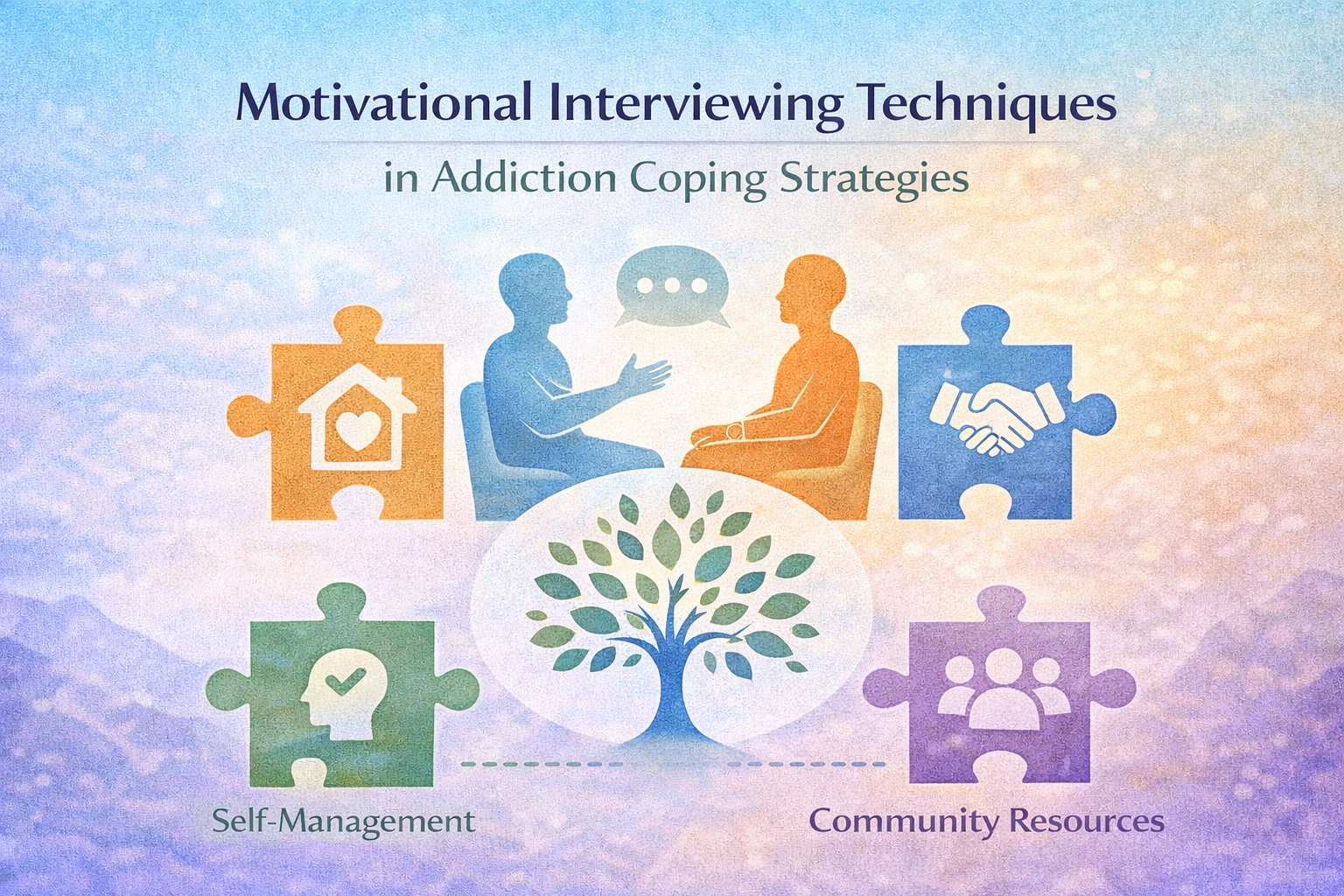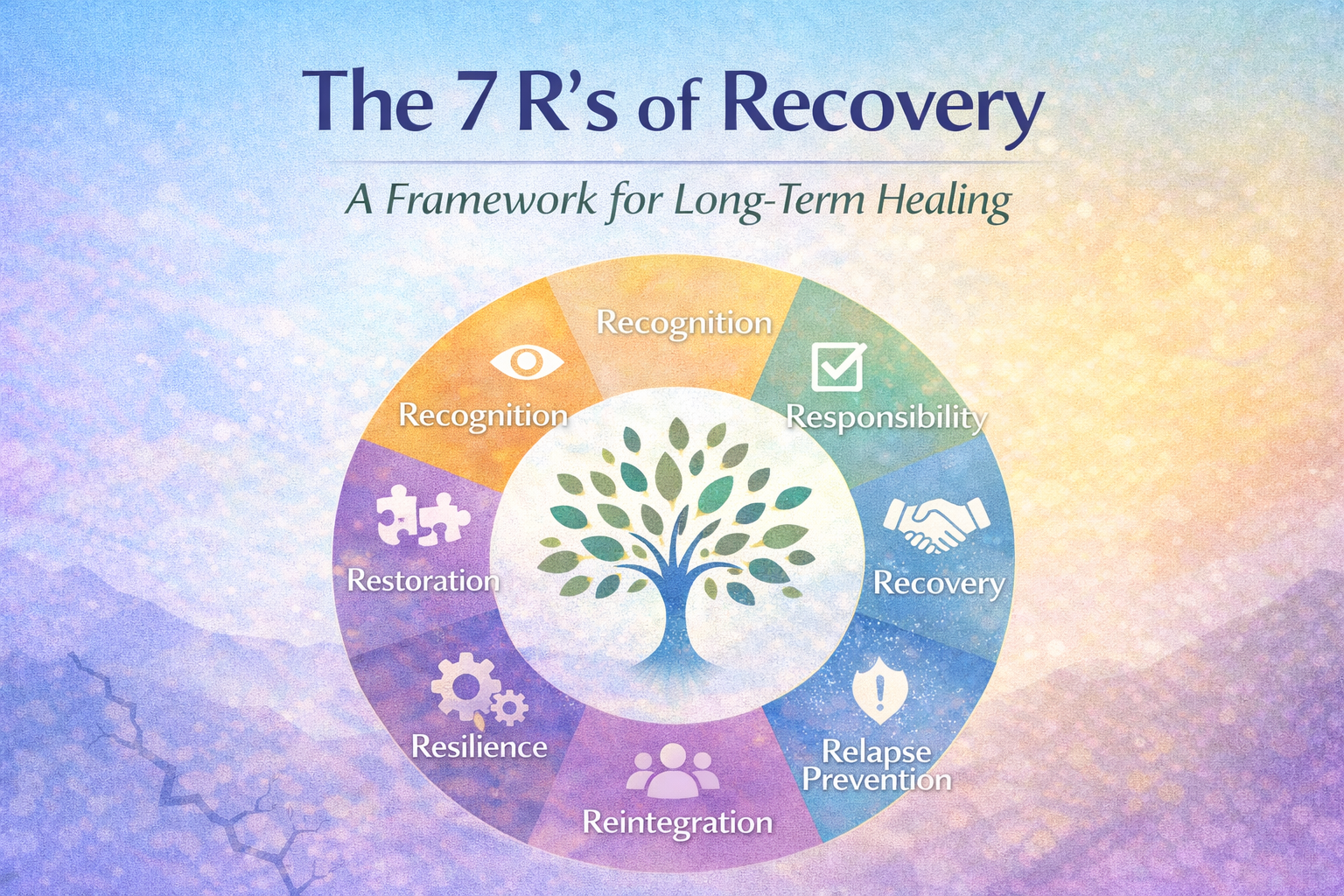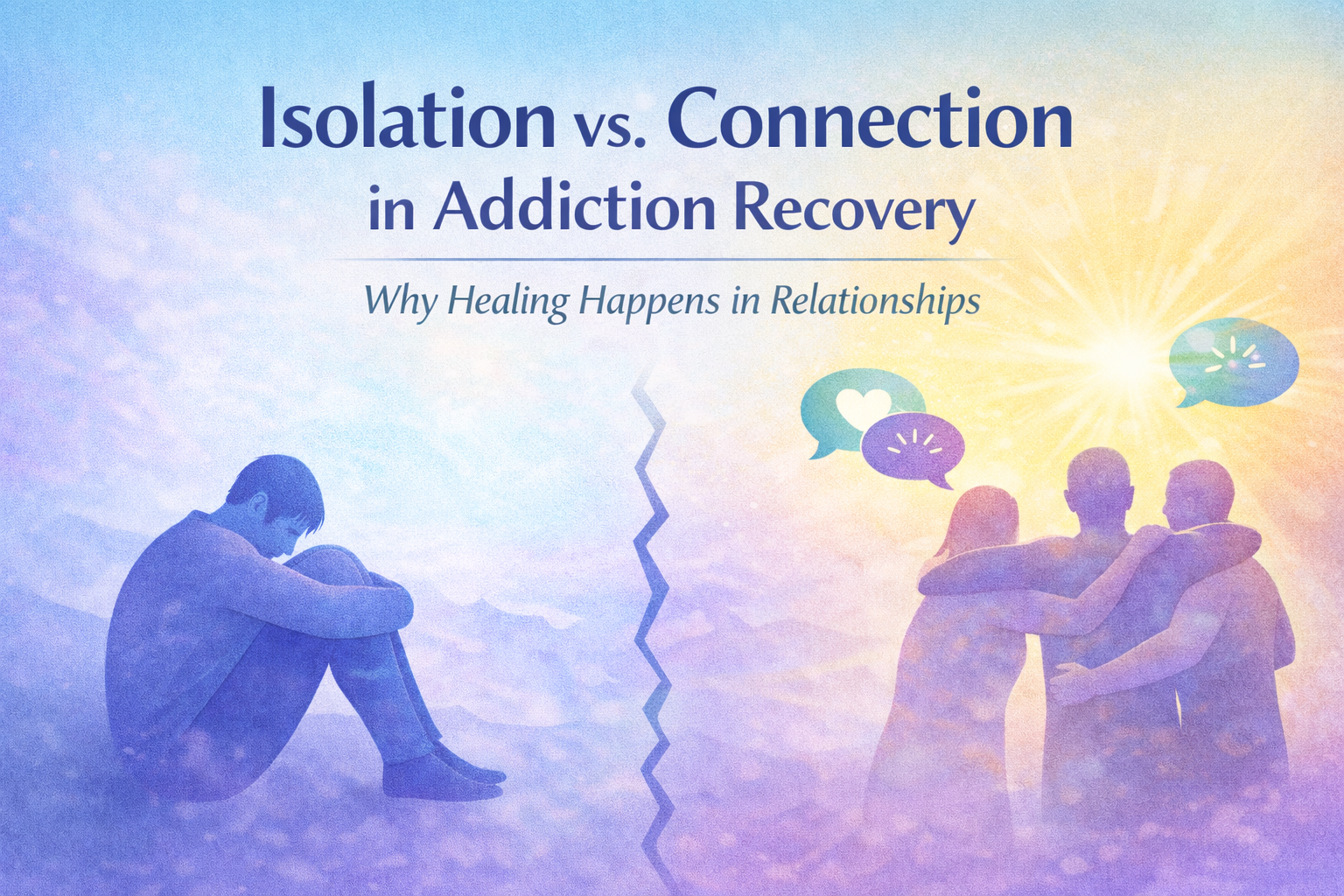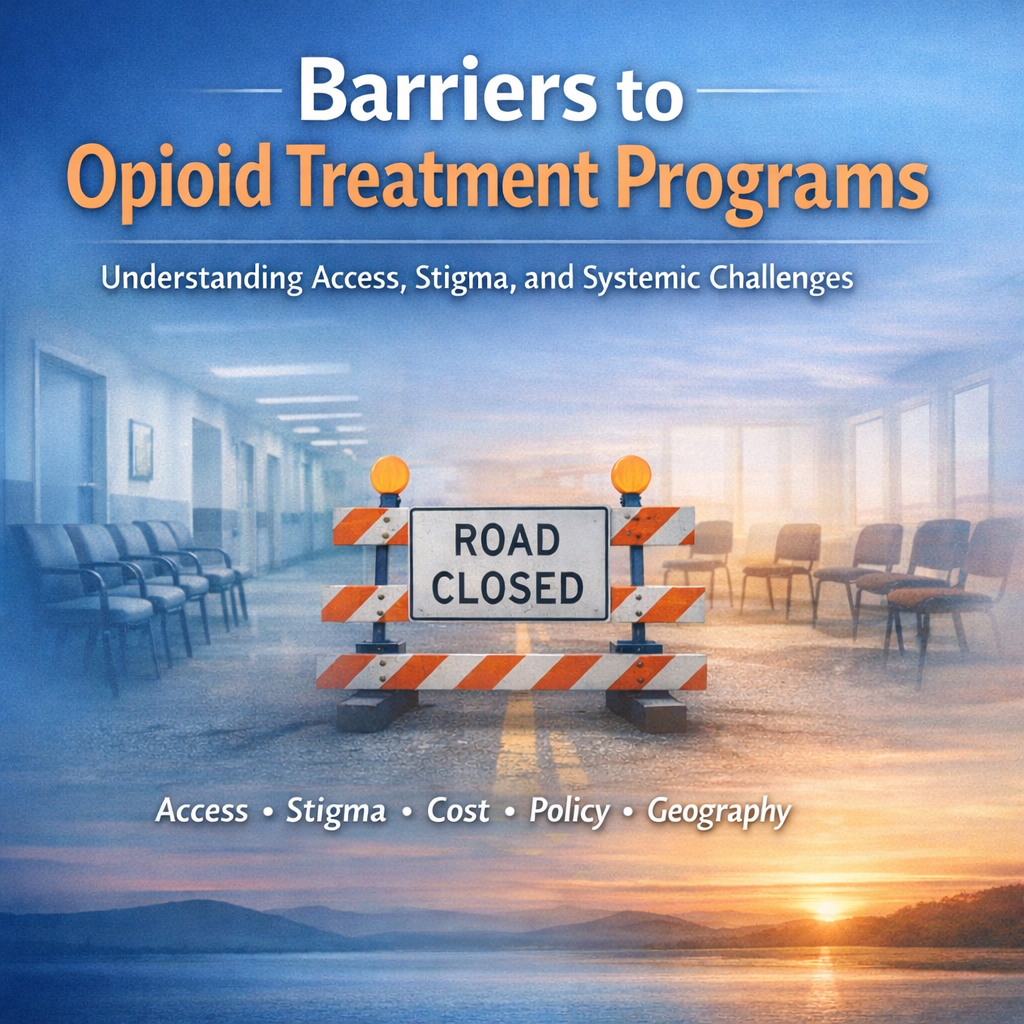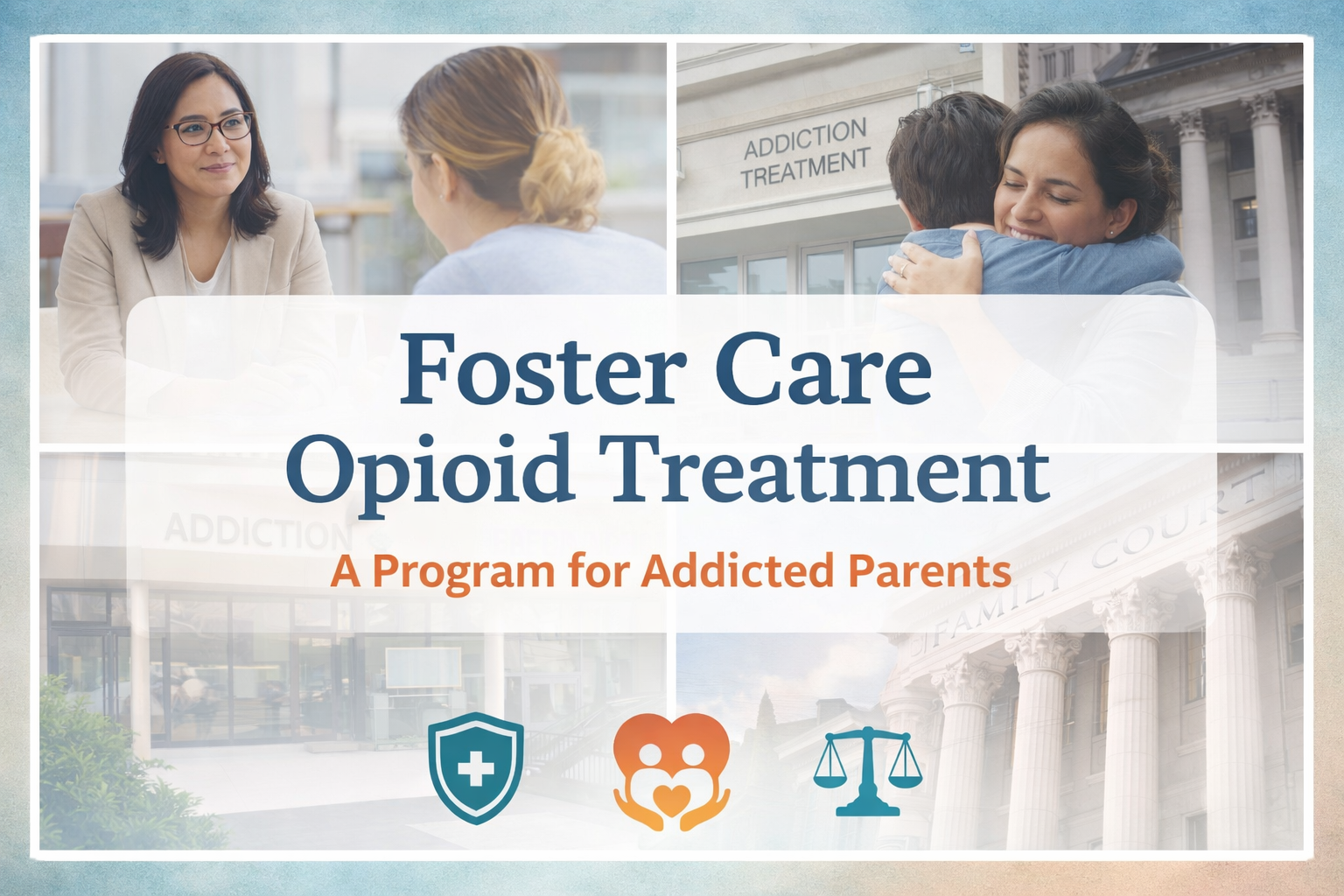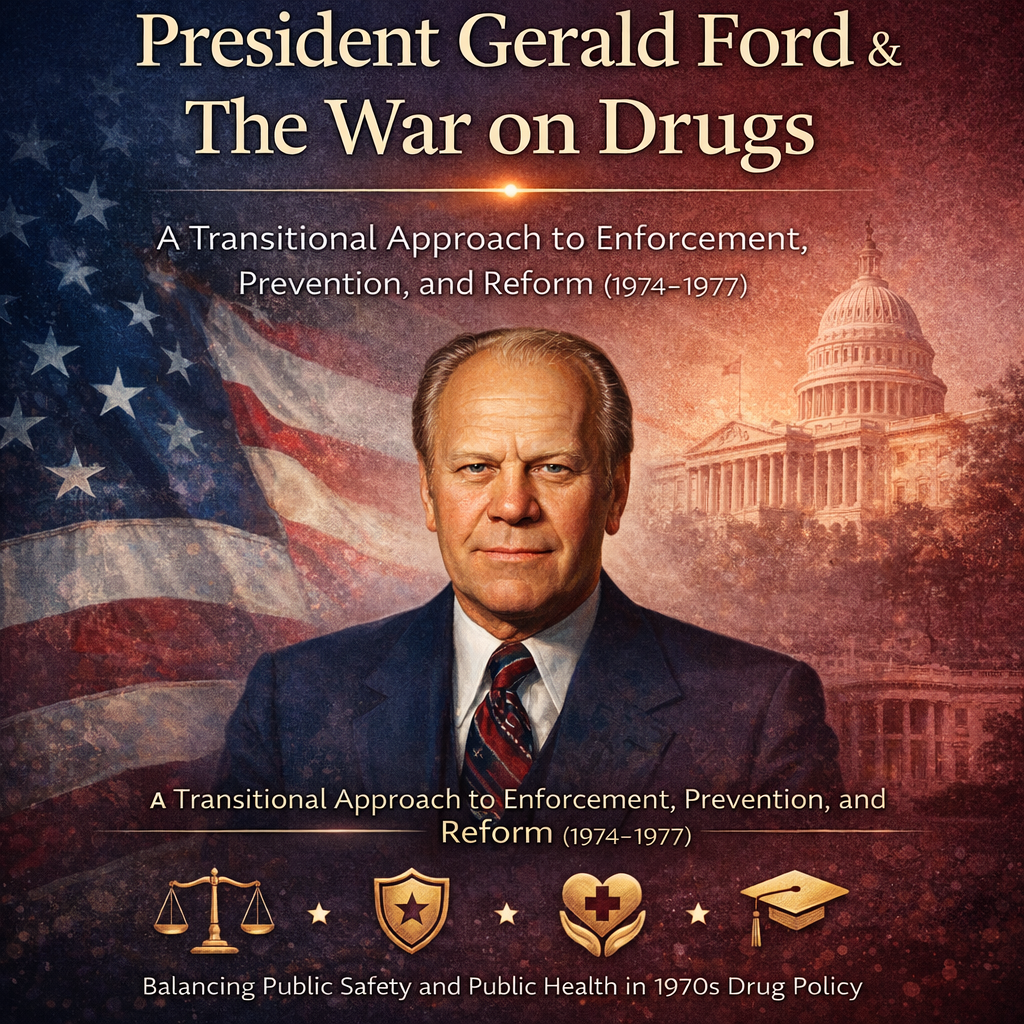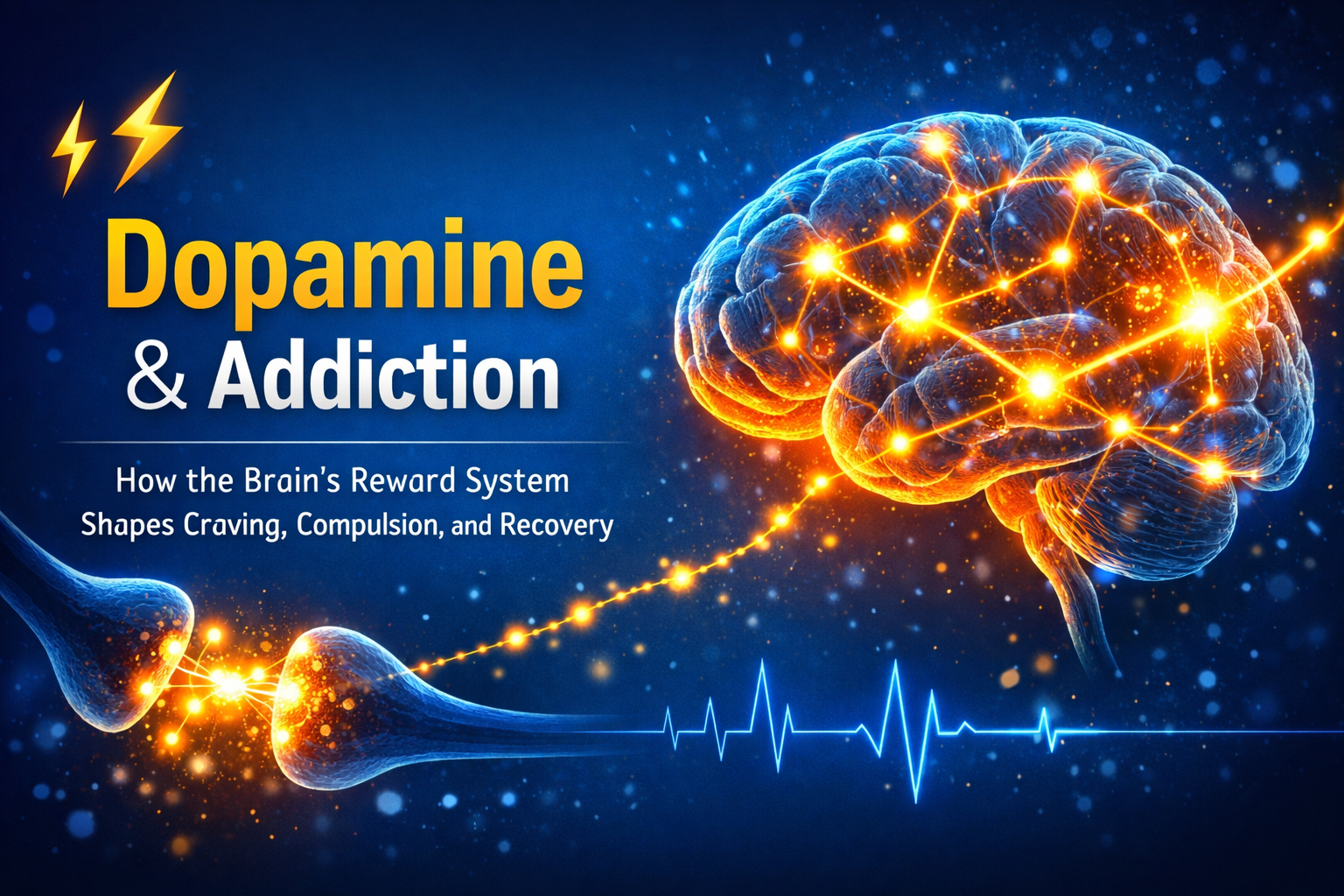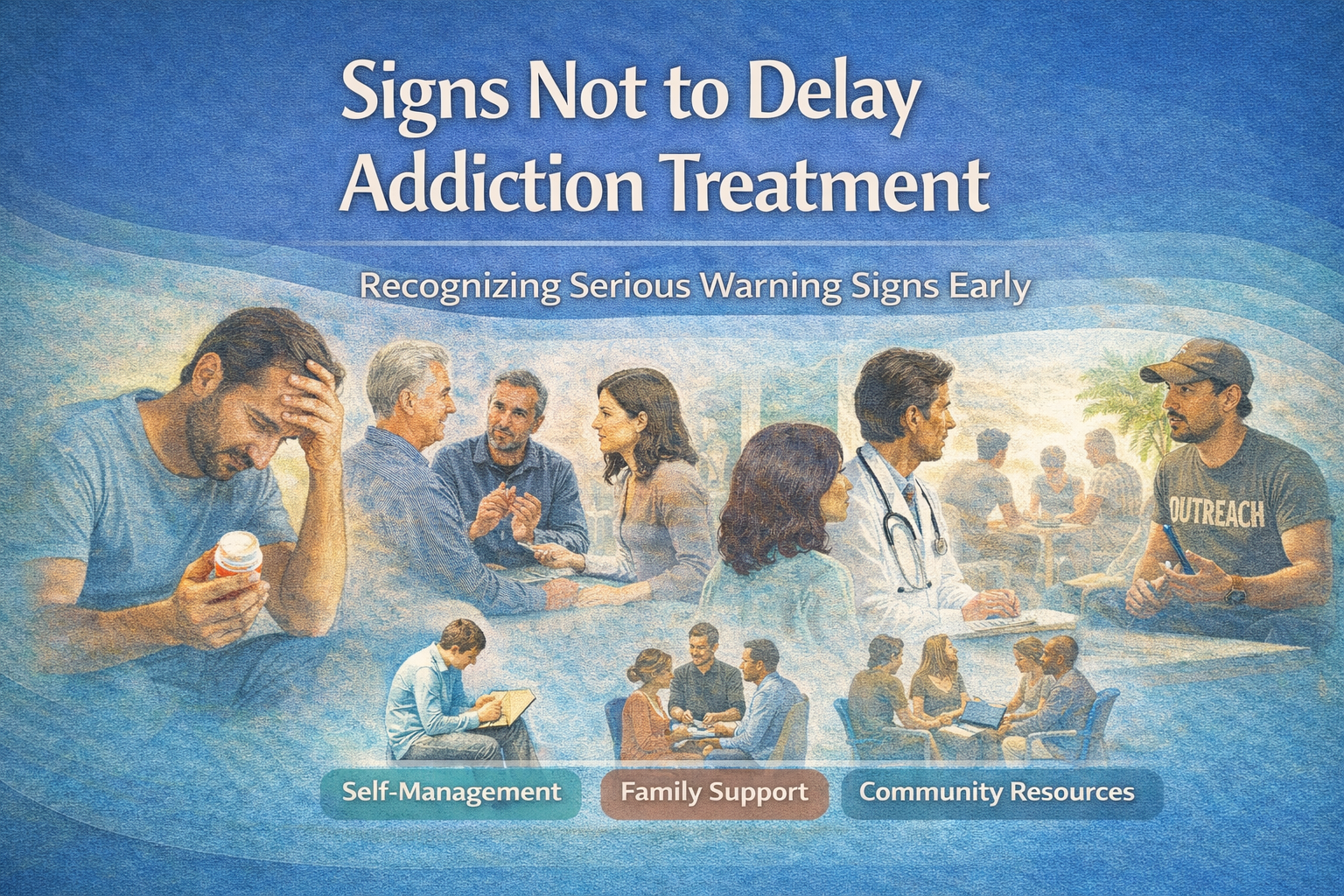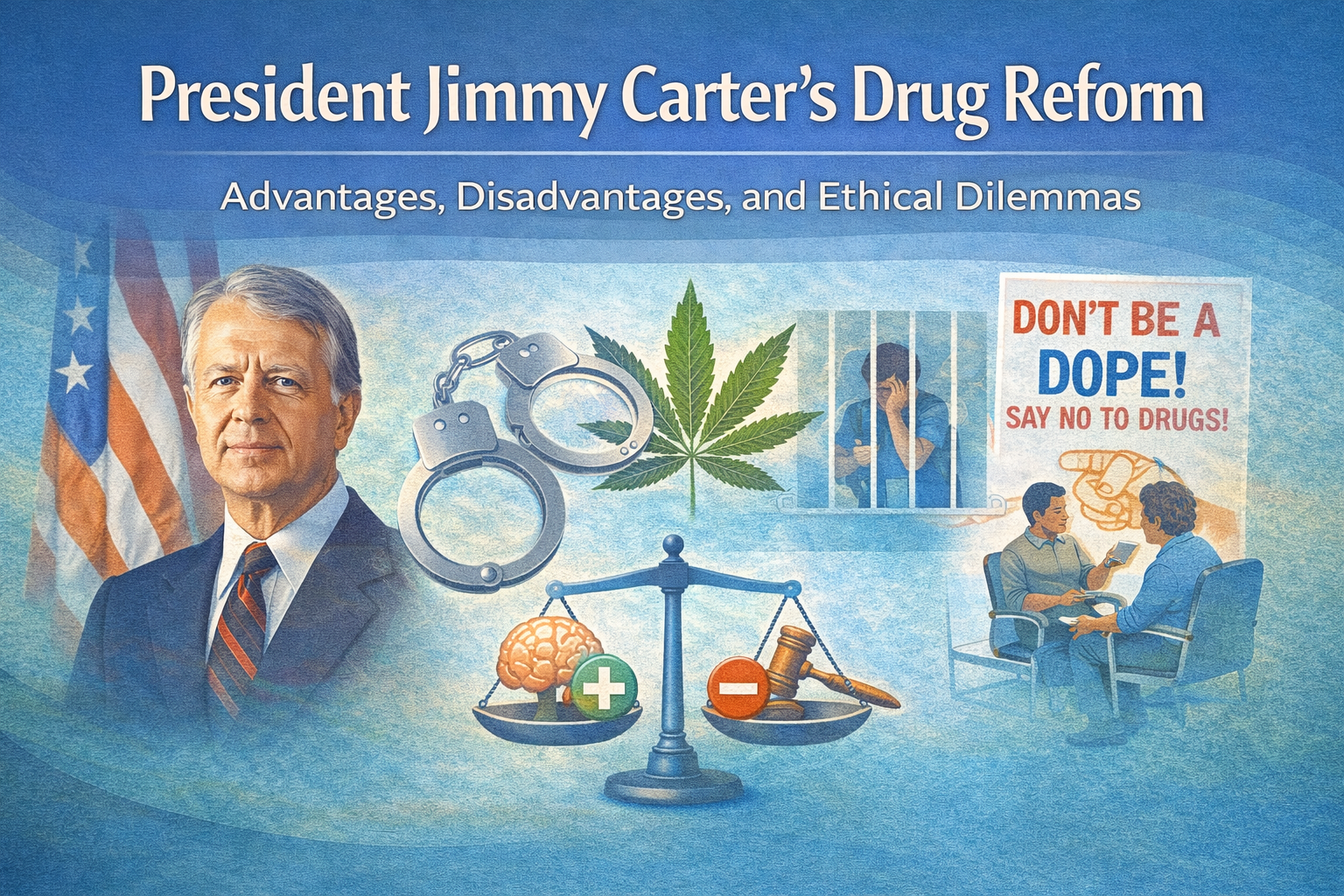Ronald Reagan’s Drug Reform
President Ronald Reagan significantly intensified the War on Drugs during the 1980s by expanding federal law enforcement funding, strengthening penalties through mandatory minimum sentencing laws, and launching nationwide prevention campaigns that framed drug use and trafficking as urgent threats to public safety and national stability. His administration sought to deter drug activity through strict enforcement … Read more

